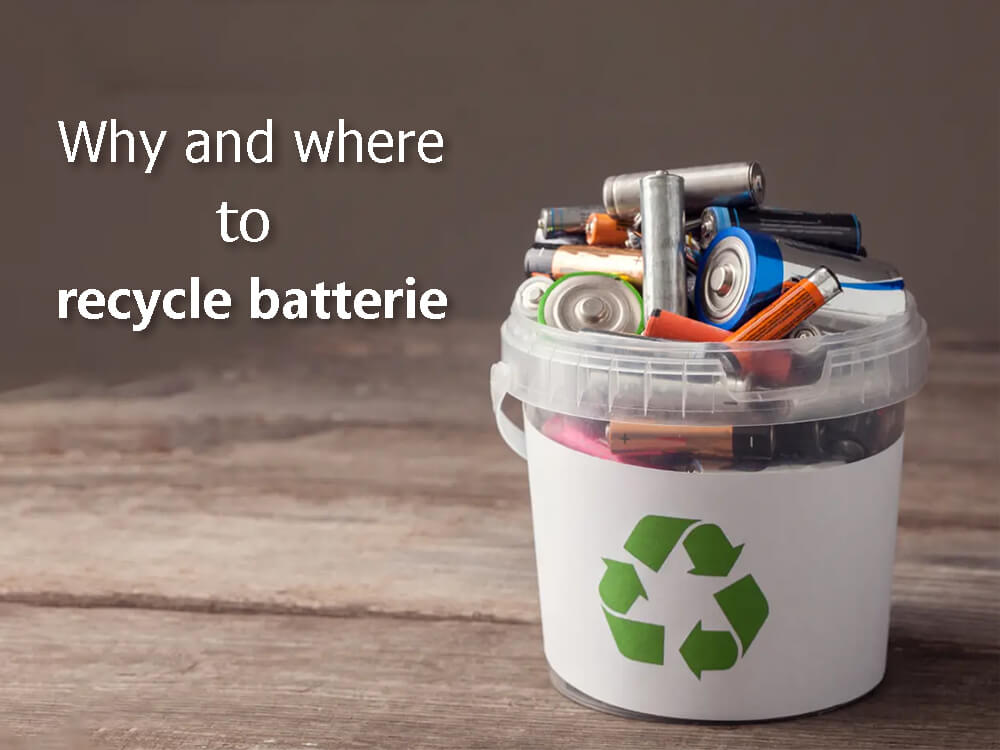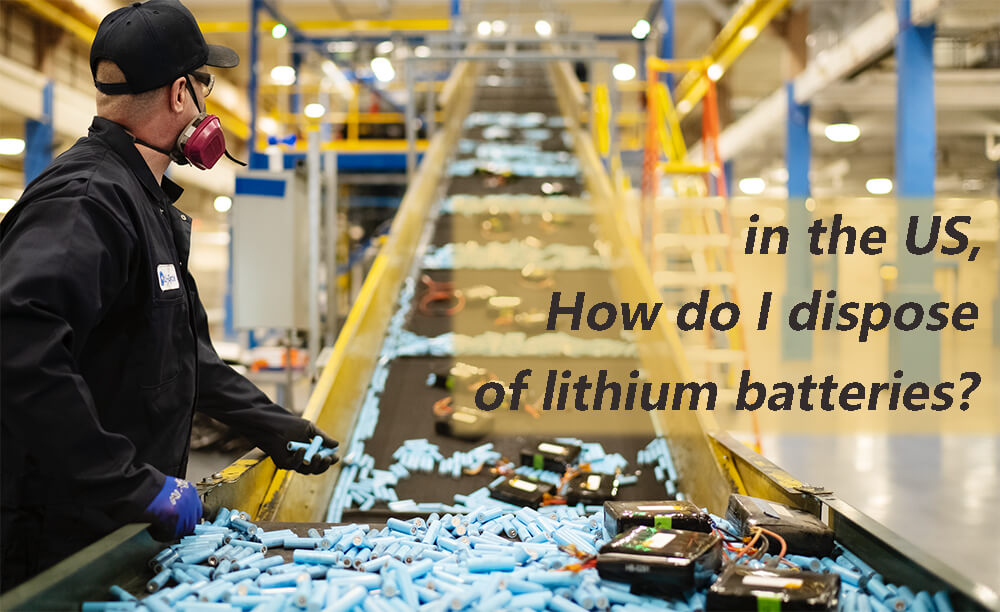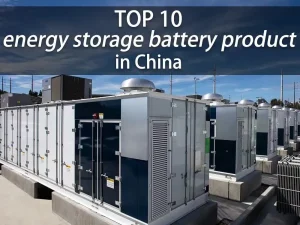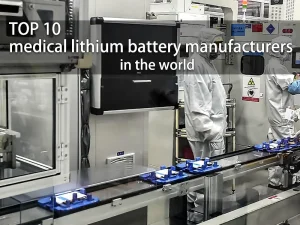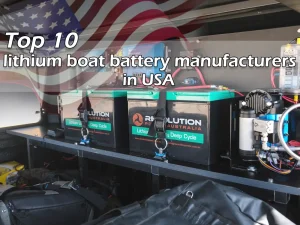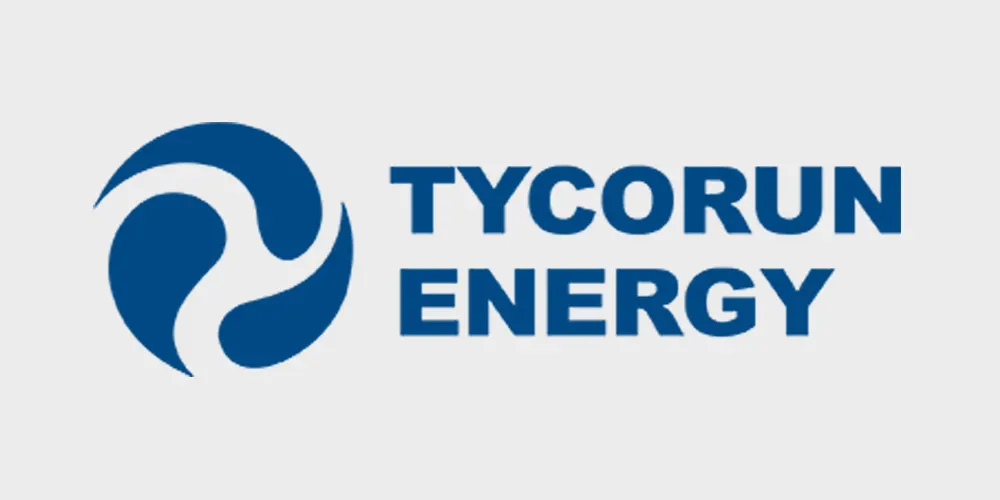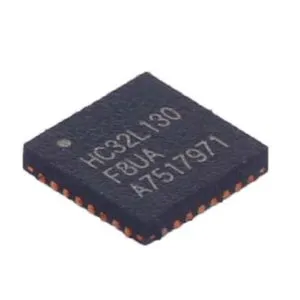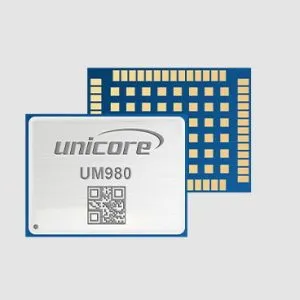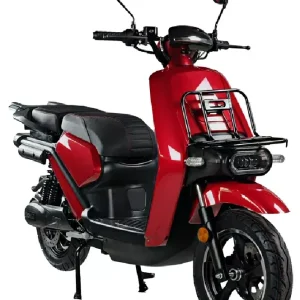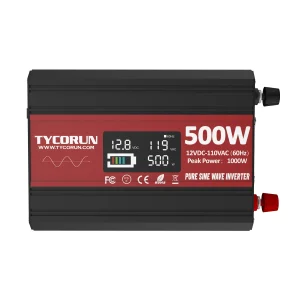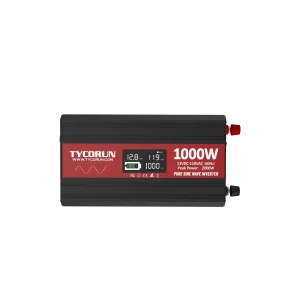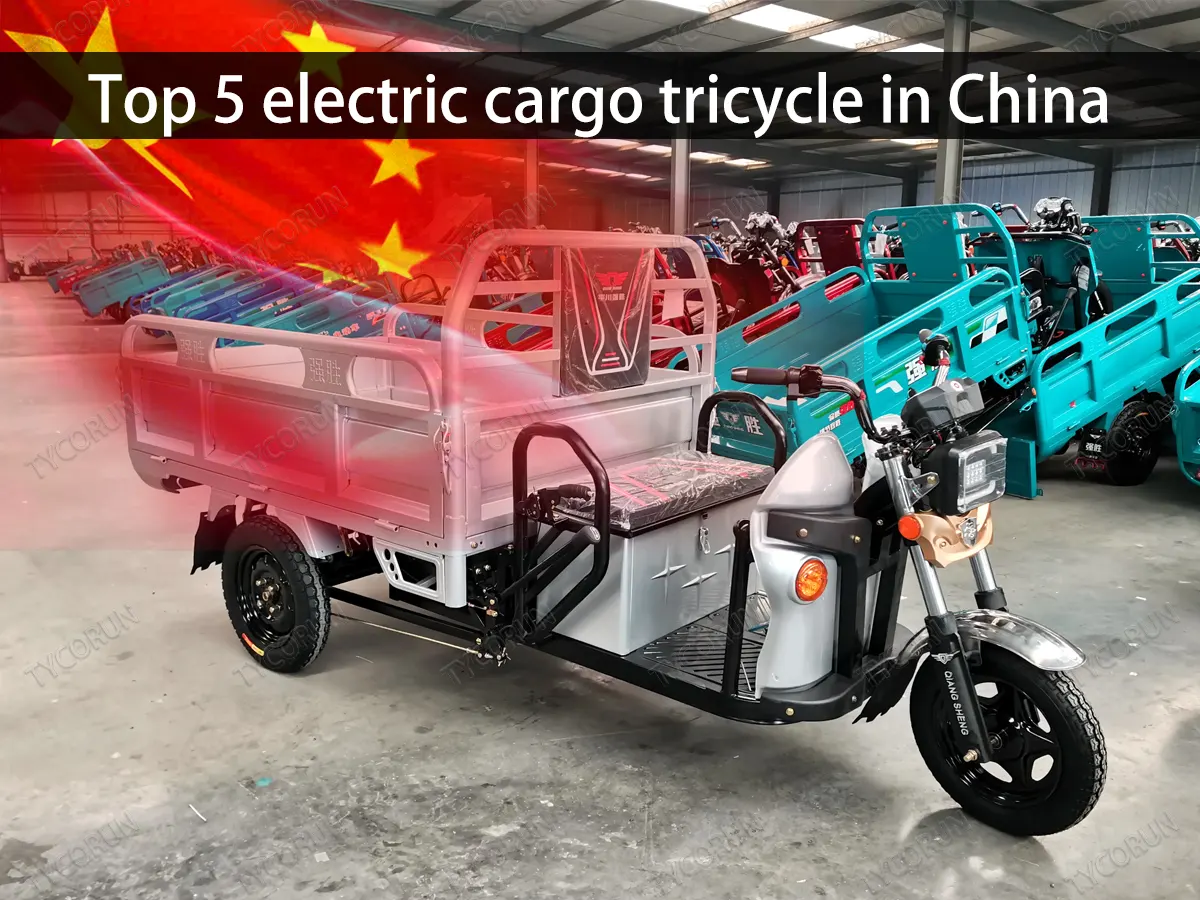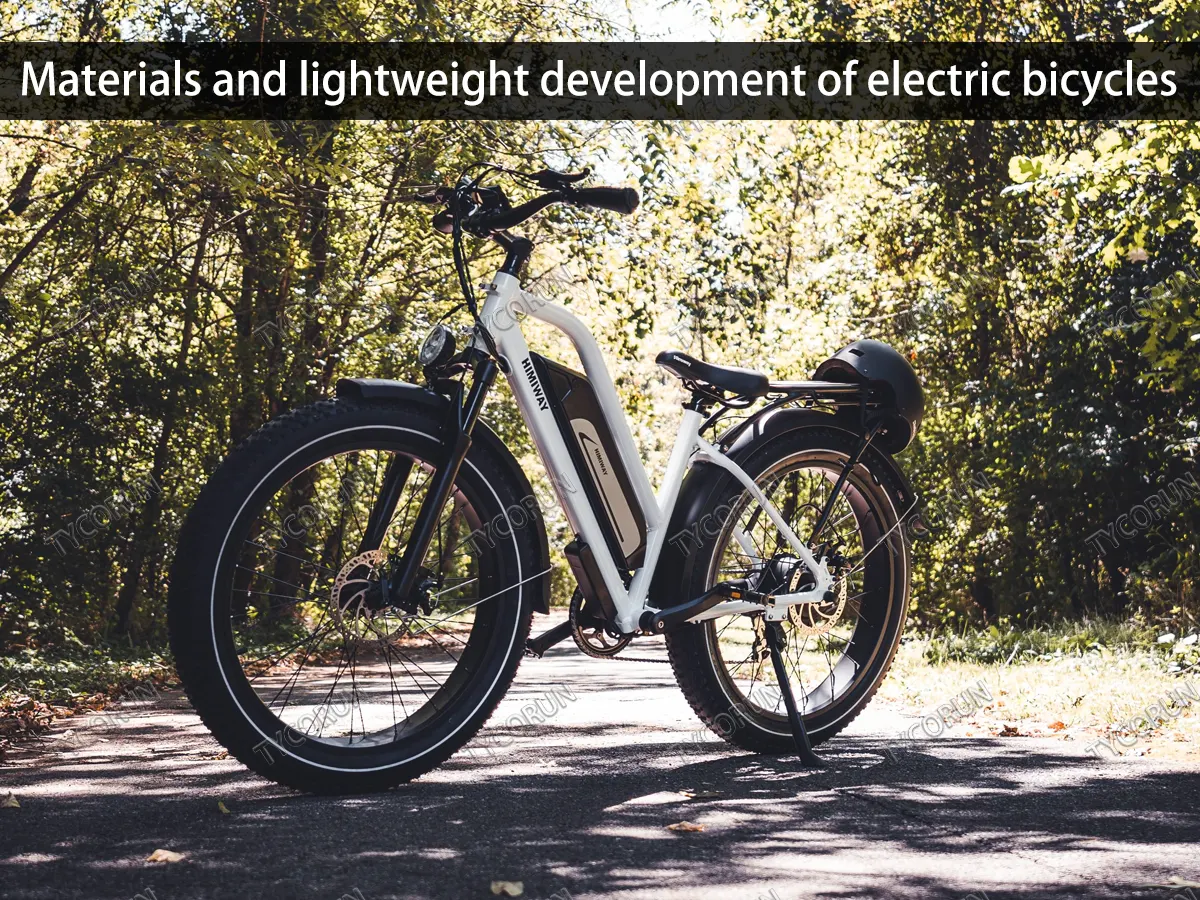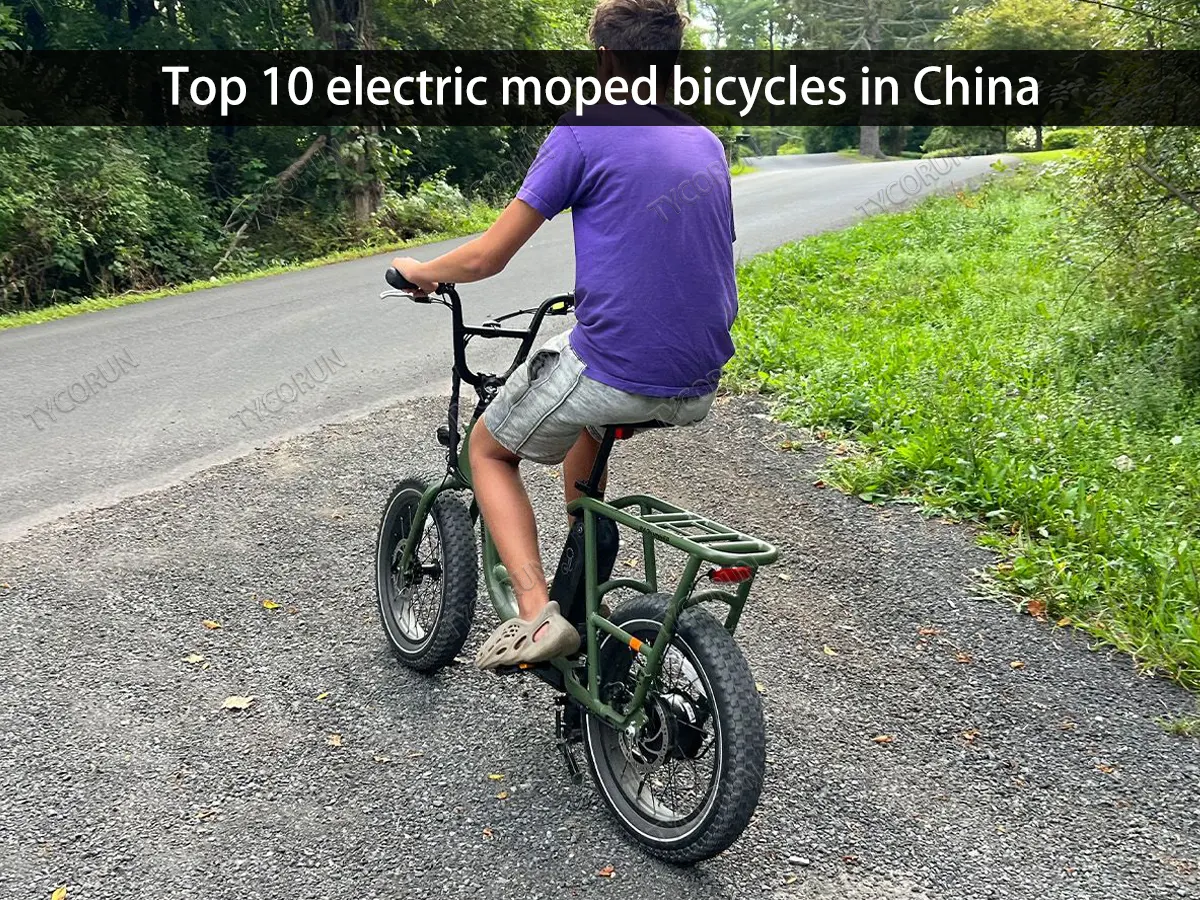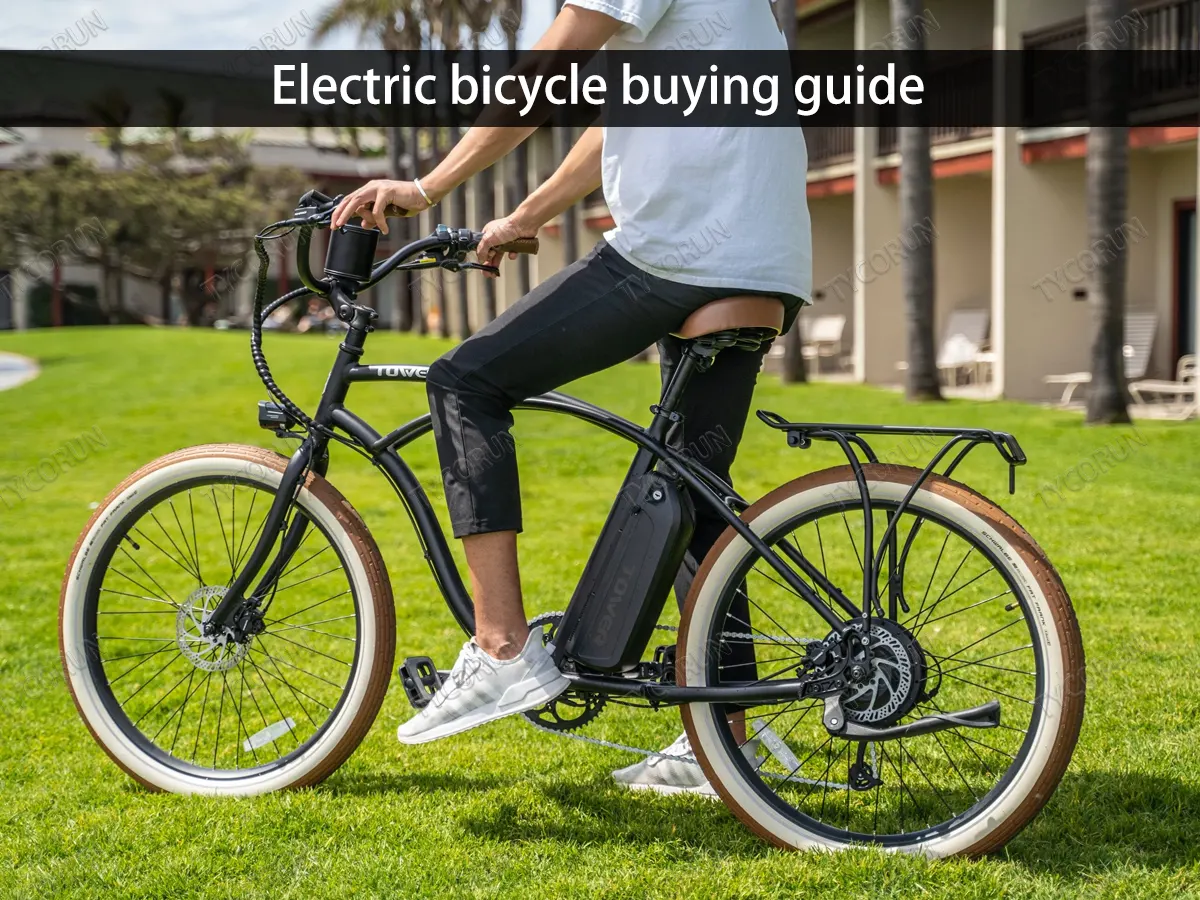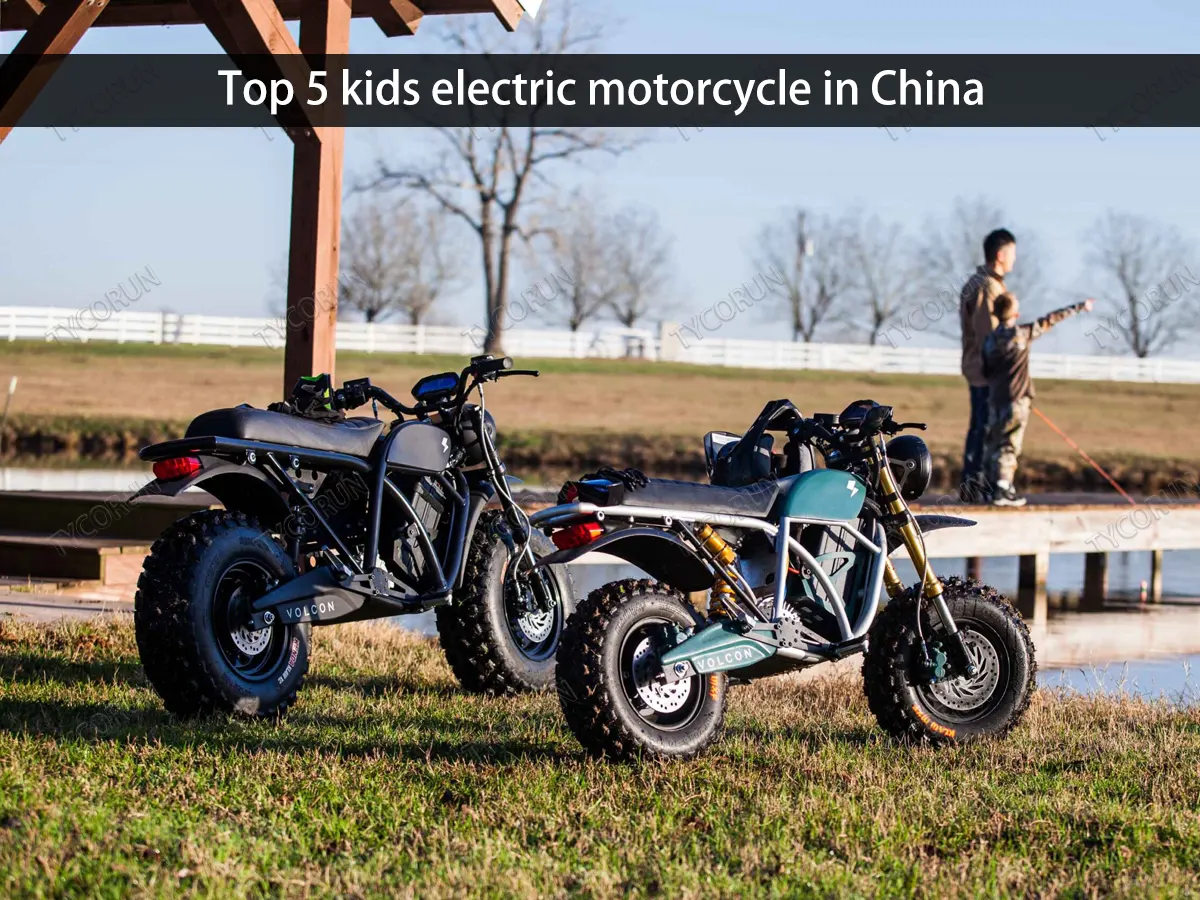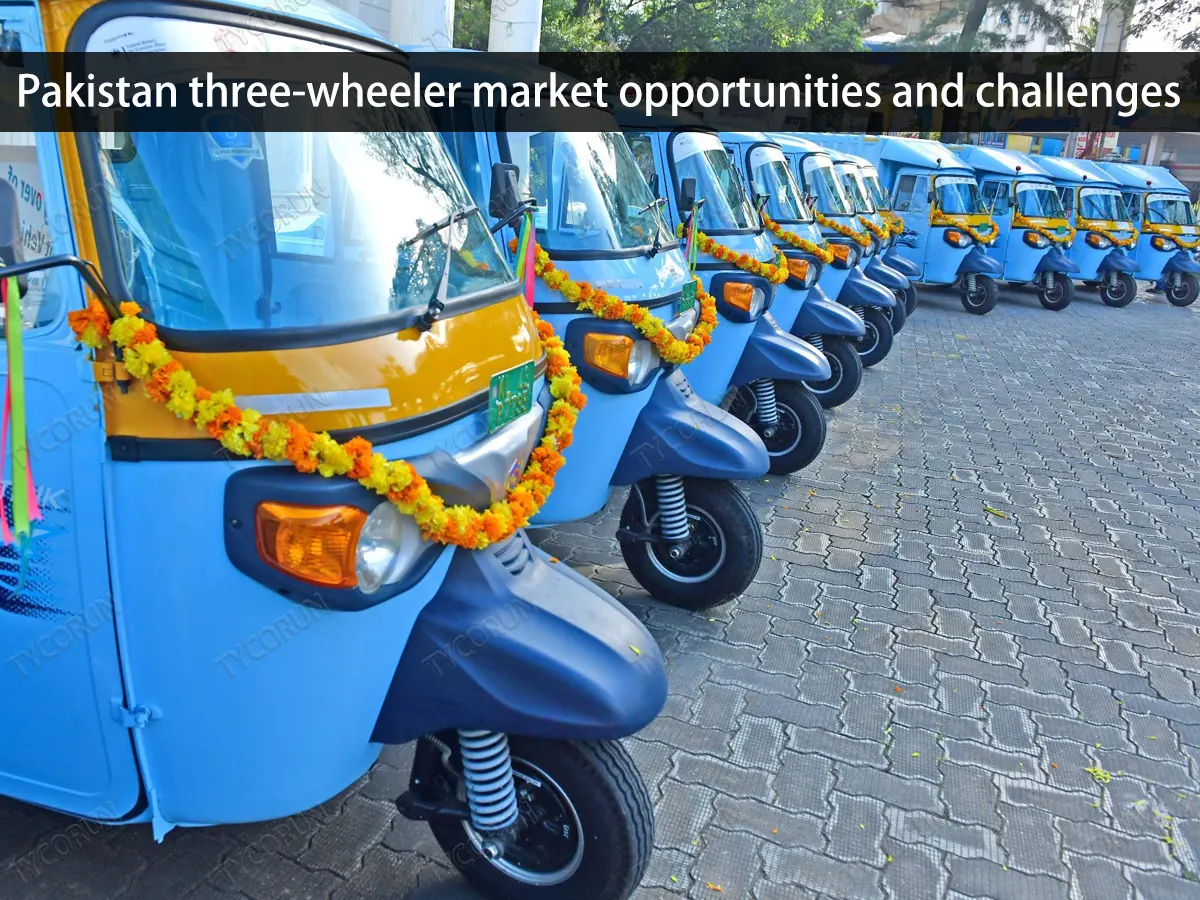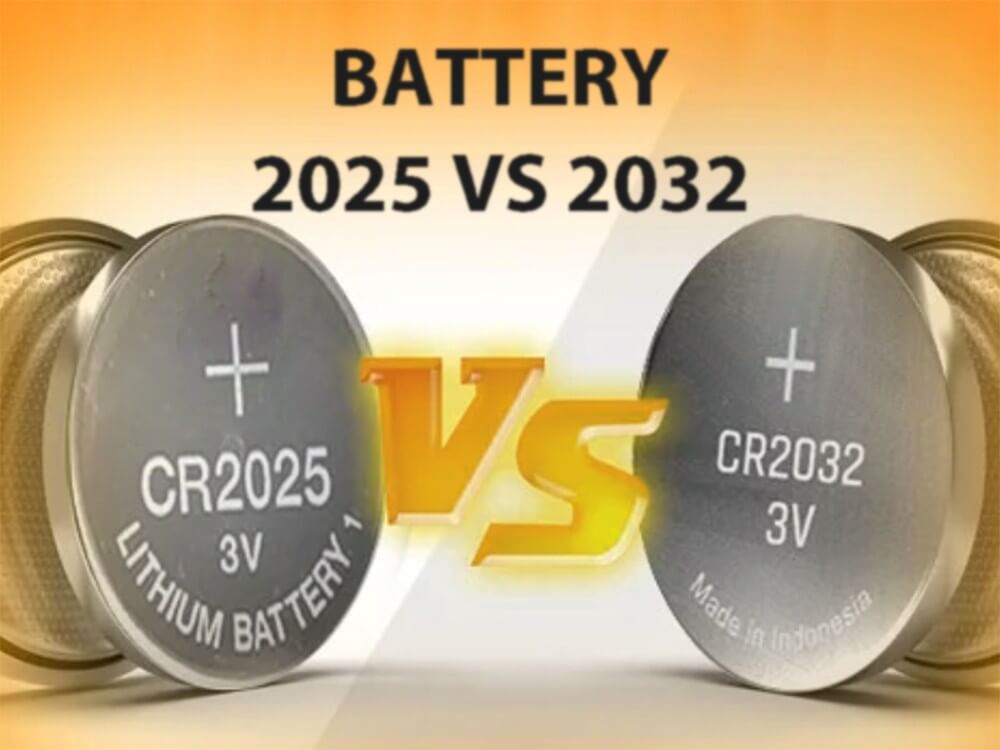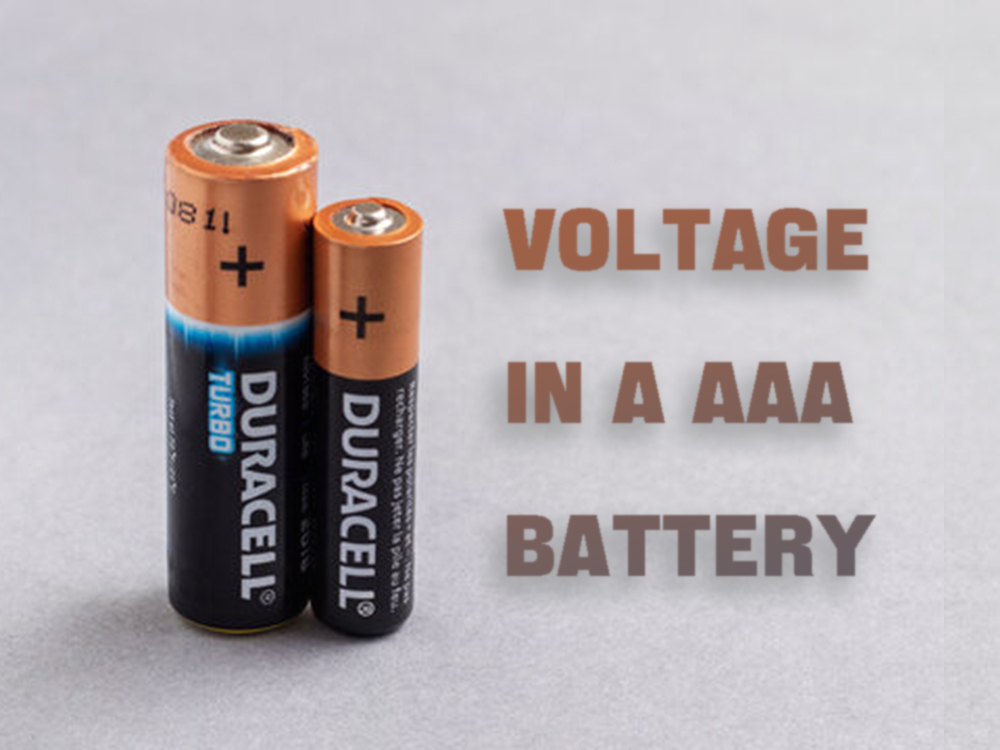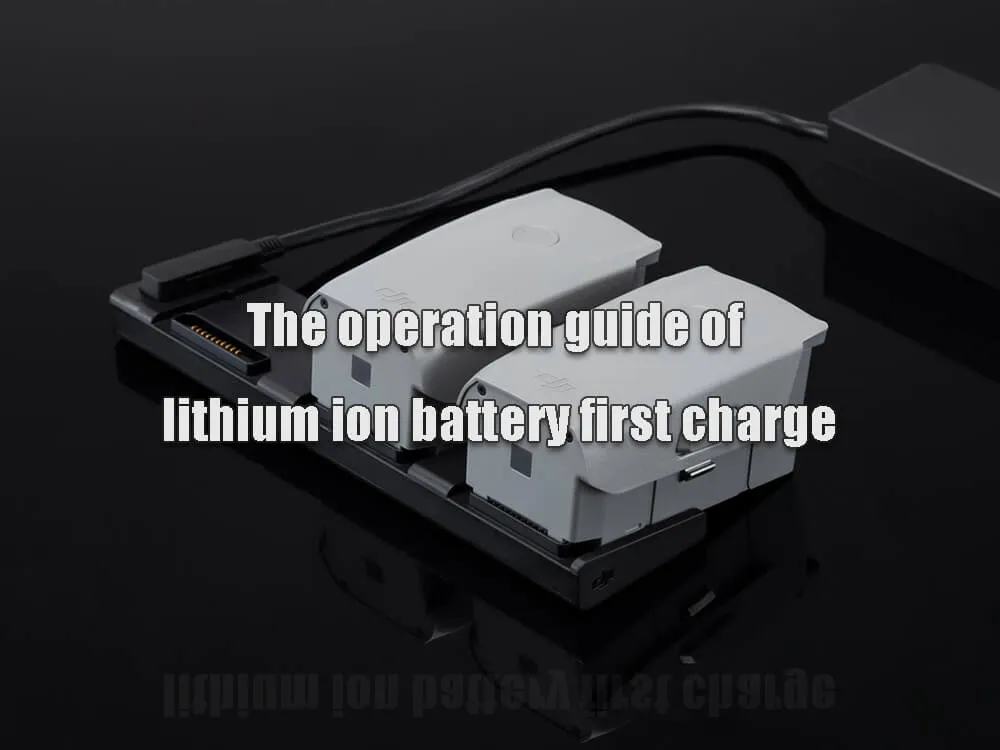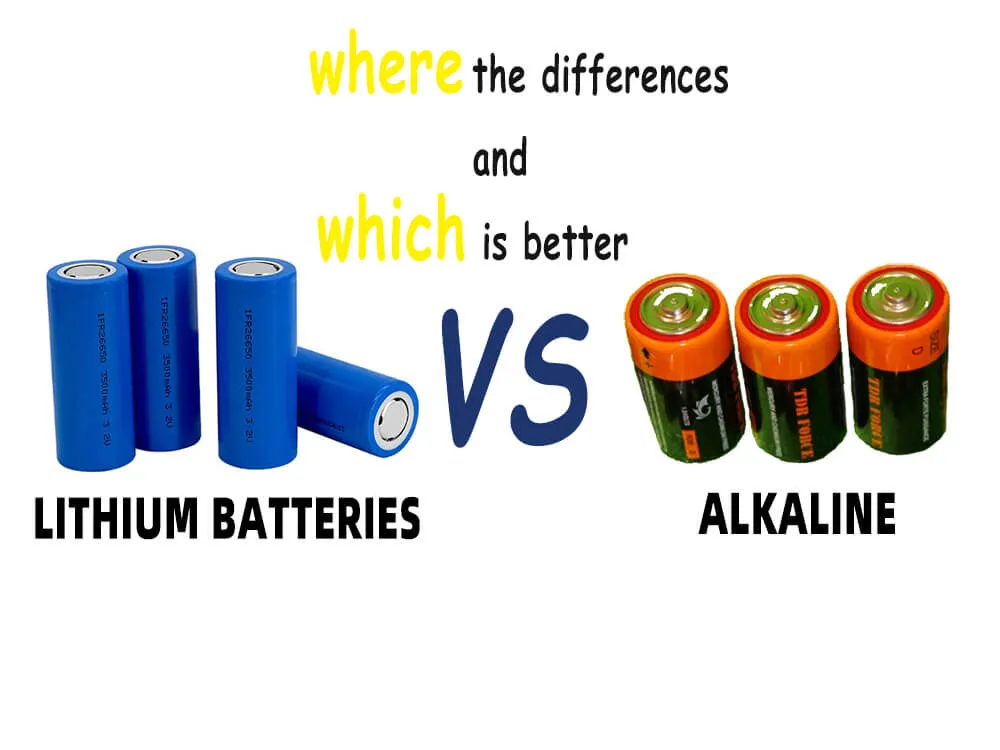Why and where to recycle batteries

Introduction
Especially if the trash in question may has toxic products. Which is the category that the majority of batteries fall. In this article, we will analyze how and where to recycle batteries.
Which batteries can be recycled
There are many different types of batteries—each with their manufacturer’s instructions on where to dispose of them. Without knowing how to dispose of them, broken batteries could be harmful.
Because of the risk of pollution and improper disposal or waste battery resources that are still available, many battery manufacturers make batteries that can be recycled. Examples of these batteries include:
- Lithium-ion batteries
The most common ones are lithium iron phosphate and ternary lithium battery used in some everyday appliances such as laptops backup system, EV , energy storage system and so on. These types of batteries are taken to be non-hazardous and can be recycled.
- NiMH batteries
These batteries are used in appliances such as lights, remote control and other small electrical equipments.
- NiCad batteries
This is another group of recyclable batteries used in the same type of appliances as the other two.
- Wet Cell Lead Acid batteries (Flooded batteries)
These batteries are used in old applications. Most retailers of these batteries can recycle them.
- Absorption glass mat batteries (AGM lead-acid batteries)
These batteries are a type of lead-acid battery and therefore also require special recycling.
How do I know if my battery is broken and needs to be recycled
There are several ways to know if your battery is broken; these include:
- When the lithium-ion battery capacity is low, and there is little voltage.
- When its discharge rate is higher than was the case.
- When the battery is bloated.The swollen battery has certain risks.
- When the battery constantly overheats.
Where to recycle batteries
Different countries have regulations on where to dispose of battery trash. The two most common batteries are lithium-ion batteries and lead-acid batteries. In The US, other states have different rules on disposal and recycling.
Various stakeholders make these rules to avoid the pollution and toxicity that these batteries can cause.For lithium-ion batteries, the situation is different.
Lithium-ion batteries are environmentally friendly, and the recycling process does not produce harmful substances, and now the full metal extraction process of lithium-ion batteries has been realized.
And after the cycle life is exhausted, lithium ion batteries can be effectively recycled for reuse or decomposed into raw materials that still have great value.
Therefore, the recycling industry chain of lithium ion batteries is profitable for many companies, because of the different make-up of the various batteries, they are recycled differently. There are many differences between lithium battery vs other batteries,you can refer to lithium battery vs other batteries.
Consumers are advised to recycle the batteries at:
- Local resellers or electronics stores. It is essential to check if the stores recycle before disposing of the batteries.
- Designated collection or battery recycling plants.
- For single-use batteries, search for a recycling plant using the recycling collector.
How do I dispose of lithium batteries in the US
The US has an environmental body: the EPA (Environmental Protection Agency), responsible for giving guidelines and offering legislation on how to dispose of batteries, in this case, lithium batteries. With the input and legislation from different states, EPA offers guidelines on where to recycle batteries.
Due to size, lithium batteries are disposed of differently.
I. Lithium-ion battery disposal
EPA warns against mixing lithium-ion batteries with other trash or putting them together with other waste. Instead:
- Send electronics with lithium-ion batteries to certified willing recyclers and retailers. Alternatively, ask for help from the local waste collection office.
- Lookup a recycling locator and find one near your location.
II. Medium & large lithium battery disposal
Such batteries are mainly used in vehicles or large power engines. With these batteries, contact the battery Manufacturers and ask for disposal options. Automobile dealers and battery manufacturers will provide information on how and where to dispose of the batteries.
Why do batteries need to be appropriately disposed of
Batteries have different compositions and are made of several substances and metals. These substances harm our health and animals/plant health and damage the environment.
The toxic waste from the some batteries, such as Cadmium(from nickel-cadmium batteries) and lead(from lead acid batteries), negatively affects the ecosystems where they are improperly disposed of. Due to their makeup, batteries can also overheat, explode and start fires.
How do I dispose of a lithium-ion battery pack
There are designated battery disposal locations or options away from regular waste. A battery’s disposal also includes dropping it off at certified recycling plants/locations.
Where to dispose of lithium-ion battery packs or where to recycle these batteries is a challenge in many regions the world over. But most lithium-ion batteries now use a gel electrolyte, so there is no longer a risk of leakage.
Do not mix battery waste with any other; wrap it in its trash bag and dispose at set-aside locations.
What kind of batteries are a hazardous waste
Although not all batteries are considered hazardous, all batteries can be classified as hazardous waste. Some of contain dangerous toxic substances such as mercury, lead, sulphuric acid, and cadmium. These same batteries can catch fire if exposed to dangerous heat levels and not disposed of properly.
Technically, some lithium-ion batteries are not taken to be hazardous. But there are expected safety protocols they should meet when they are in transit to reduce the risks of fire and explosions.
How is lead recycled
Recycling lead is not a complicated process, but it does require specialized machinery. Materials with lead are broken up into smaller parts at a smelter. After this, lead is carefully separated from the rest of the components, after which it is smelted and refined.
What percentage of batteries are recycled
According to the US Department of Energy (DOE), 99% of lead-acid batteries are recycled. This percentage falls when other countries in the world are included. Additionally, only 5% of Li-ion batteries are recycled.
What happens if batteries are not disposed of properly
Batteries containing hazardous materials have some potential risks if not handled properly. They increase the chances of air, water, and earth pollution. Over time, these batteries can leak and pollute the soil from which potential foodstuff grows. They can also contaminate water.
Carelessly disposed of batteries also threaten human, animal, and plant life.
Conclusion
Recycling of batteries should be done by accredited individuals/organizations to prevent the risks associated with carelessly recycled batteries. Where to recycle batteries and how to do it is information provided by local/national governments and manufacturers. Check on recycling locations before disposing of lithium-ion and other batteries.

